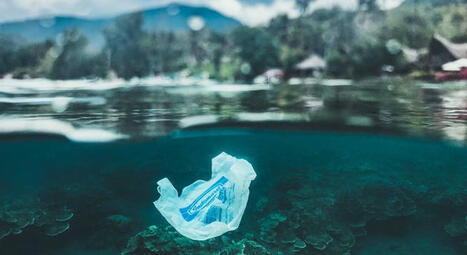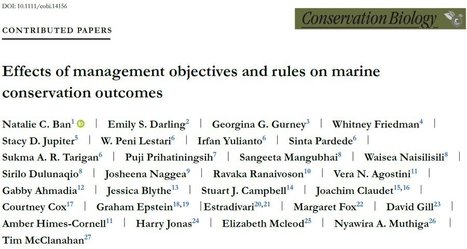L’avis consultatif du Tribunal international du droit de la mer rendu cette semaine, qui considère que les pays ont l'obligation de protéger les océans, est « sans précédent », ont réagi jeudi des experts indépendants des Nations Unies. |
Research and publish the best content.
Get Started for FREE
Sign up with Facebook Sign up with X
I don't have a Facebook or a X account
Already have an account: Login
Revue de presse et du net par le Pôle de partage des connaissances S&T de l'Office français de la biodiversité
Curated by
DocBiodiv
 Your new post is loading... Your new post is loading...
 Your new post is loading... Your new post is loading...
|
|














Le Tribunal international du droit de la mer (TIDM) est un organe judiciaire indépendant qui a été créé par la Convention des Nations Unies sur le droit de la mer (1982). Consultez la Lettre d’information du Tribunal 2024/1 Suivre @ITLOS_TIDM